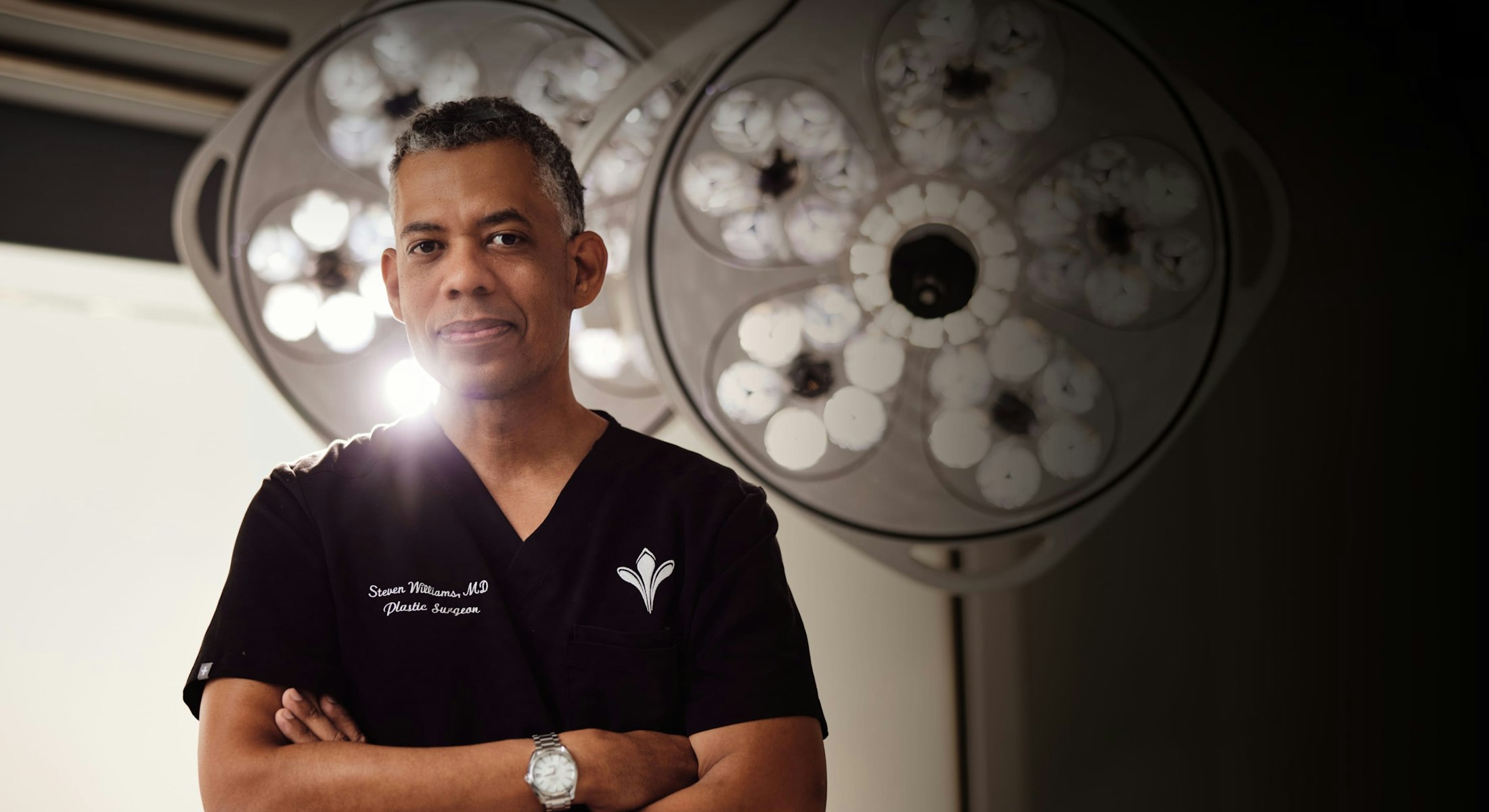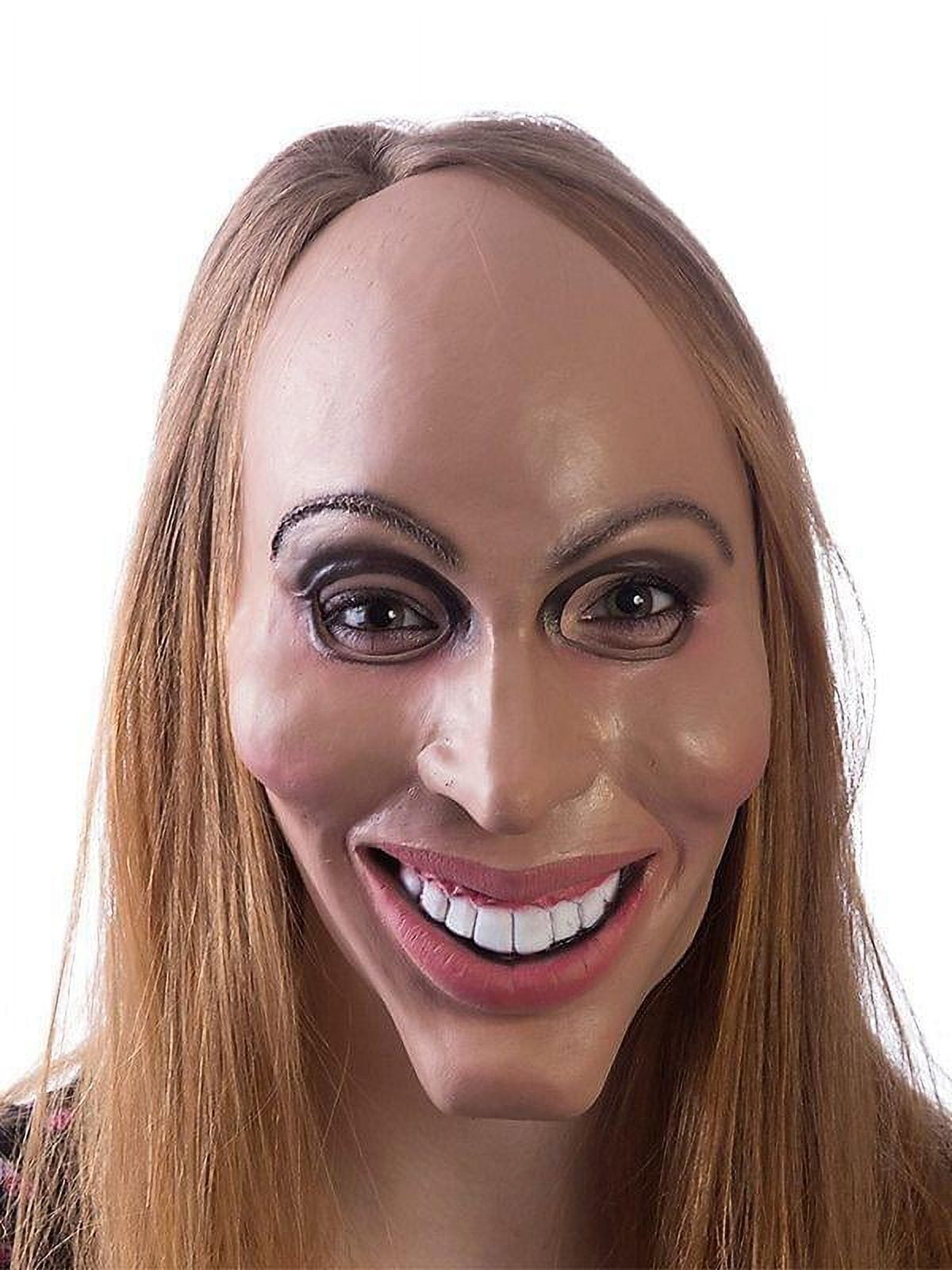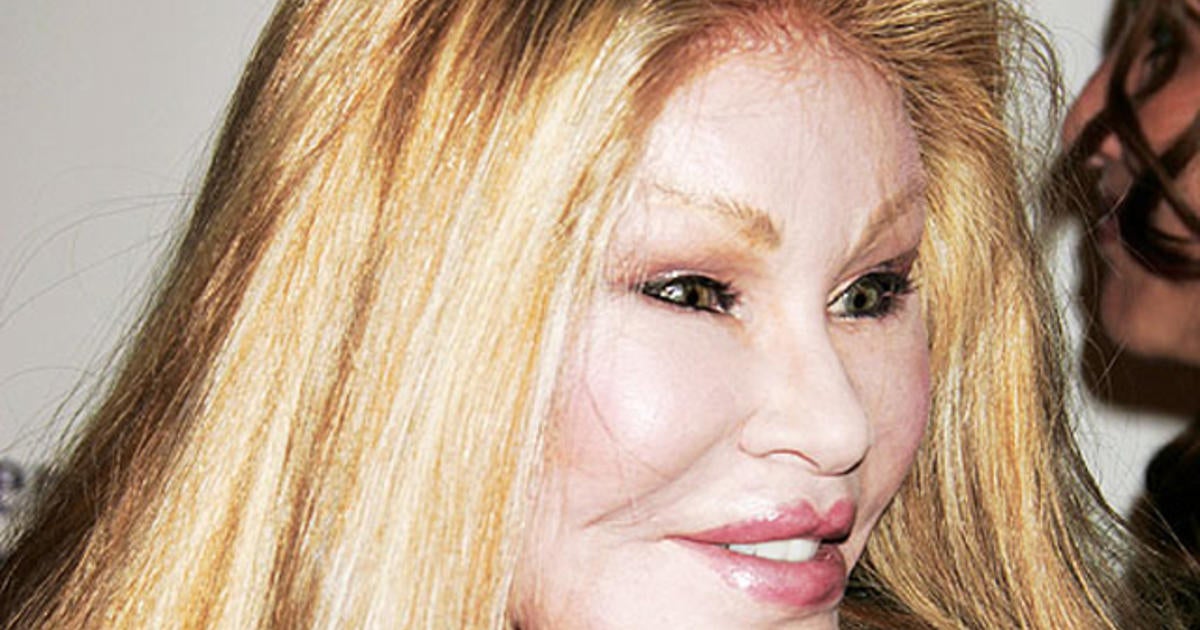A Deep Dive Into the Common Justifications for Looking For Plastic Surgery: Unboxing the Desire for Adjustment and Self-Improvement
The inspirations behind the pursuit of cosmetic surgical treatment extend past mere visual improvement, showing a nuanced interaction of societal assumptions, individual ambitions, and mental aspects. As individuals significantly look for to align themselves with dominating charm standards, it comes to be critical to take a look at the underlying reasons that oblige them to make such substantial adjustments. The influence of media representations and individual narratives can not be ignored, as they shape understandings and needs in extensive means. This exam prompts critical inquiries regarding the honest ramifications and future trajectories of aesthetic treatments, welcoming further exploration into the complexities of self-improvement and identity.
Social Stress and Elegance Requirements

The effect of these elegance perfects can be extensive, instilling a sense of insufficiency in those that do not adapt. Because of this, lots of may look for plastic surgery as a way of aligning their appearance with these social expectations. mommy makeover bellevue. This wish for conformity can stem from a vast array of inspirations, consisting of the desire for boosted social standing, improved romantic potential customers, or raised professional chances
In addition, these pressures are not limited to specific demographics; they affect individuals across different ages, genders, and backgrounds, highlighting the prevalent nature of beauty criteria. This extensive influence elevates essential inquiries regarding the values of plastic surgery and the effects of social criteria on private choices. Ultimately, recognizing these stress is important for promoting a more comprehensive definition of beauty that celebrates variety.
Personal Experiences and Transformative Stories
Numerous individuals who undergo cosmetic surgical procedure record transformative experiences that extend beyond simple physical adjustments. For many, these treatments act as a driver for improved self-confidence and a restored feeling of identification. Patients often explain feeling freed from long-lasting insecurities, bring about increased self-confidence in both professional and personal realms.
Take, as an example, the tale of a girl who underwent boob job after years of sensation uncomfortable concerning her appearance. Post-surgery, she reported not only a newfound convenience in her body yet also a substantial improvement in her social life and career possibilities. Likewise, a middle-aged guy that picked to go through a renovation shared exactly how the procedure revitalized his overview on life, prompting him to pursue new rate of interests and relationships.
These personal stories underscore the profound influence cosmetic surgery can have on people' lives. As they embrace their changed selves, lots of discover empowerment in their options, usually utilizing their experiences to inspire others considering similar trips. Ultimately, these transformative stories highlight the complex reasons individuals seek cosmetic surgery, linking personal development with the pursuit of aesthetic enhancement.
Psychological Factors Behind Plastic Surgery
Many mental elements contribute to the choice to undertake plastic surgery, reflecting deeper emotional and psychological wellness considerations. Individuals usually go after medical improvements as a way to resolve sensations of inadequacy, reduced self-confidence, or discontentment with their appearance. These psychological inspirations can be rooted in past experiences, social comparisons, or personal desires.
Body photo distortion is a widespread concern, where people perceive their physical features in an exaggeratedly unfavorable light. This distortion can result in compulsive thoughts about perceived flaws, motivating the need for surgical modification as a solution - mommy makeover bellevue. In addition, the quest of perfection and societal stress can amplify these sensations, pressing people towards aesthetic procedures in hopes of achieving an idyllic version of themselves
Additionally, the principle of self-improvement plays an essential duty. Many individuals see plastic surgery as a path to boost their top quality of life, believing that enhanced appearance will certainly result in increased social acceptance, far better connections, or boosted occupation chances. Inevitably, the psychological factors behind plastic surgery emphasize the intricate interaction between specific self-perception and exterior impacts, exposing the complex nature of the need for adjustment.

The Duty of Media in Understanding
In today's culture, media plays a critical duty fit assumptions of charm and self-regard. Through numerous systems-- social media, television, and marketing-- idealized standards of elegance are often disseminated, affecting private ambitions and self-image. These portrayals frequently emphasize slim interpretations of attractiveness, primarily including vibrant, slim, and digitally boosted photos, that site which can create unrealistic benchmarks for individuals striving to adapt.
The effect of media is more worsened by the prevalent nature of social media sites, where individuals are pounded with curated content that highlights aesthetic enhancements, backing a society of contrast. This consistent direct exposure can lead to feelings of inadequacy among audiences, prompting them to think about cosmetic surgical procedure as a means of attaining the viewed ideal. Research study suggests that people that engage with these media depictions are most likely to reveal discontentment with their appearance, enhancing the wish for medical treatments.
Additionally, the normalization of plastic surgery in media stories can desensitize target markets, framing such treatments as commonplace and even necessary for social approval. Thus, the media's representation of elegance not just influences individual options regarding cosmetic surgery however additionally adds to a more comprehensive societal discussion regarding self-worth and identity.
Moral Considerations and Future Fads
Amidst the growing popularity of cosmetic surgical procedure, moral factors to consider bordering the practice have become significantly noticeable. As the need for procedures rises, so too do concerns pertaining to notified approval, the psychological motivations of individuals, and the capacity for exploitation by specialists. It is vital for professionals to make certain that patients completely understand the threats and benefits, along with the implications of their choices, to cultivate a responsible approach to aesthetic improvements.
Additionally, the influence of social networks and appeal requirements questions about the influence on psychological health and wellness, particularly among susceptible populations. As understanding of body picture concerns expands, ethical method requires a cautious analysis of the inspirations behind surgical treatments. Cosmetic surgeons should stabilize person desires with ethical obligation, making certain that decisions are rooted in authentic self-improvement instead than societal stress.

Conclusion
Finally, the search of plastic surgery is influenced by a convergence of social stress, personal experiences, and mental factors. The wish for alignment with prevailing charm requirements, coupled with the capacity for transformative results, emphasizes the complex motivations driving individuals towards these treatments. Moreover, the role of media fit perceptions of charm can not be underrated. As moral factors to consider develop, future patterns in plastic surgery will likely reflect recurring societal dialogues bordering self-improvement and individual identification.
Regularly, societal stress and dominating appeal criteria play a significant role in individuals' choices to go after cosmetic surgery. Ultimately, these transformative stories highlight the multifaceted factors people look for see here now cosmetic surgery, intertwining individual development with the pursuit of aesthetic improvement.
Lots of people check out cosmetic surgical try here treatment as a path to improve their high quality of life, believing that boosted look will certainly lead to enhanced social approval, far better connections, or improved career chances. Eventually, the psychological factors behind cosmetic surgical treatment highlight the complicated interplay between private self-perception and external influences, disclosing the multifaceted nature of the desire for change.
As honest factors to consider advance, future patterns in cosmetic surgery will likely show continuous social discussions surrounding self-improvement and specific identity.